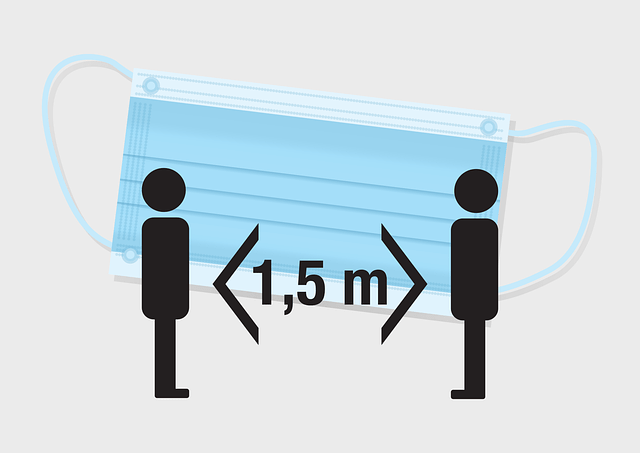In an effort to stop the spread of SARS-CoV-2, widespread lockdowns have often been used in many countries. These lockdowns not only reduced the spread of the virus, but have also saved lives. These types of restrictions, however, are not a long-term solution and can have far reaching effects not only on the economy, but also on mental health and wellbeing.
Several public health measures have also been used worldwide, as a tool to help in the fight against COVID-19. These include hand washing, physical distancing, and mask wearing. Just how effective are these public health measures at curbing the spread of the SARS-CoV-2 virus?
To find out, researchers reviewed the evidence so far on how effective public health measures have been at reducing the transmission of the SARS-CoV-2 virus and the resulting deaths due to COVID-19.
Researchers reviewed research studies that investigated the implementation of public health measures and their impact on viral transmission and death rates.
The researchers reported that handwashing, mask wearing, and physical distancing were the public health measures that were associated with reduced COVID-19 infections.
In one study of 200 countries, it was reported that in countries that implemented mandatory mask wearing, there was a 45% reduction in COVID-19-related deaths.
The researchers were not able to determine from available data, the effectiveness of travel restrictions, quarantine, border closures, or school and workplace closures on the spread of the SARS-CoV-2 virus.
Reference: Talic S, Shah S, Wild H, Gasevic D, Maharaj A, Ademi Z, Li X, Xu W, Mesa-Eguiagaray I, Rostron J, Theodoratou E, Zhang X, Motee A, Liew D, Ilic D. Effectiveness of public health measures in reducing the incidence of covid-19, SARS-CoV-2 transmission, and covid-19 mortality: systematic review and meta-analysis. BMJ. 2021 Nov 17;375:e068302. doi: 10.1136/bmj-2021-068302. PMID: 34789505.
Image by iXimus from Pixabay



